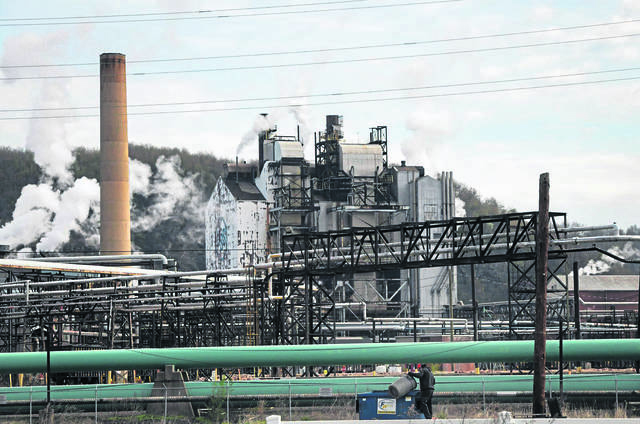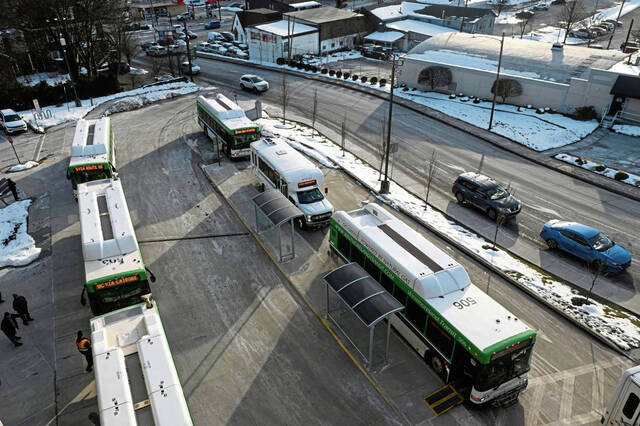Southwestern Pennsylvania was a major manufacturing center for decades. There is no reason that cannot be true again.
There are some places that were boom towns because of resources. When a silver mine went dry, there was no reason for workers or businesses not to move on. If all the trees were cut down, there would be no reason for a logging company to stay.
But that is not what Pittsburgh and surrounding communities have happening with their manufacturing industries. The jobs didn’t disappear because the industry died. It relocated. And in this case, the resource wasn’t the iron or the coal or the glass.
The natural resource for the Southwestern Pennsylvania manufacturing industry is the people. Bring them a plan and they will make you a product.
That is an important thing to remember as businesses, government and local leaders look to revitalize the economy and the manufacturing sector.
On Tuesday, members of the Pittsburgh Works Together coalition held a news conference where they spoke about efforts to attract companies back to the area with its long manufacturing history.
“It feels like to all of us that somewhere along the line, we as a country sort of said it was OK to move manufacturing overseas,” said Morgan O’Brien, former president and CEO of Peoples Gas and coalition co-chair. “We see this as an opportune time to bring real jobs that pay people real salaries and real benefits that people can be trained on and create a lifelong career … back to America.”
Moving manufacturing to places where employees worked for pennies on the dollar might have seemed like a smart move at the time. It did lower the costs of labor. But the coronavirus pandemic revealed a high price of manufacturing products half a world away from where they will be sold.
The cost is logistics. Logistics is the art and science of making an organization do its job. A good example? Amazon can tell you everything but the blood type of the delivery person bringing you an order. You may get a ping on your phone telling you the order has arrived at the same time you hear the knock at the front door.
A bad example? Logistics is why Napoleon’s invasion of Russia failed. You can’t fight a war if you don’t know how you will feed your soldiers.
By the same token, it doesn’t matter how cheaply you can make a product if you can’t get it to your customers in the event of political instability or military tensions or a global health crisis.
When logistic issues disrupted supply lines in the early days of the pandemic, making it hard to get things such as hand sanitizer, masks and respirators, it wasn’t fixing the shipping problems that got medically necessary equipment where it needed to be. It was local manufacturers stepping up and saying “we got this” and turning a distillery into a sanitizer factory or an auto plant into a ventilator maker.
Pittsburgh Works Together has a plan that includes vocational education, investment in new and existing enterprises and infrastructure development, all of which are smart moves that public and private entities should follow whenever possible. The region is not just a rich source of human resources, but of cutting-edge entrepreneurial ideas spurred by world-class learning institutions. It is all connected by a desirable distribution network of roads, rails, rivers and airports.
Yes, we live in a global economy. But that economy might benefit more if business thinks more locally when it comes to logistics.








